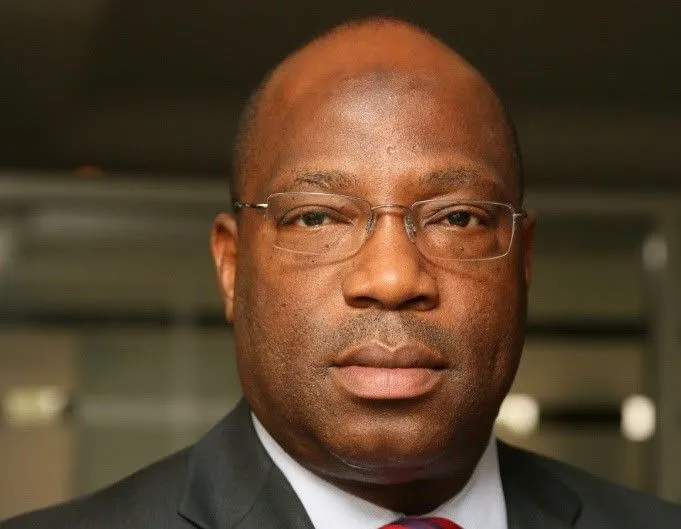CurrentReport Blog Wahid Oshodi, former President of the Nigeria Table Tennis Federation, has been elected as the President of the African Table Tennis Federation (ATTF). Oshodi, whose journey in sports administration began in 2000 as a member of the Lagos State Sports Council under then-Governor Bola Tinubu, has consistently demonstrated visionary leadership in the world of sports.
In a recent interview with Ajibade Olusesan, Oshodi shared his plans to revitalize table tennis across Africa, addressing key challenges such as funding, infrastructure, and international competition.
Oshodi emphasized the need for innovative thinking to make table tennis a more attractive and lucrative sport in Africa. “Table tennis is a massive product, but we need new ways of delivering it as a fun, family-friendly experience,” he said.
Oshodi also highlighted Lagos as the hub of table tennis in Africa, noting the passionate fanbase and the city’s role in hosting major tournaments like the upcoming African Youth Championships.
One of the major hurdles facing African table tennis players is financial constraints, which limit their ability to compete internationally. Oshodi is committed to finding the necessary funding to bridge this gap. “Funding is our biggest challenge, but I’m confident we’ll secure the resources needed to support our athletes,” he added.
As the only Nigerian currently leading a continental sports body, Oshodi acknowledges the responsibility that comes with the position. He hopes to serve as a role model for younger administrators and focus on developing Africa’s youth talent, ensuring they have the opportunity to compete globally.
Reflecting on his 20-year journey in sports administration, Oshodi stressed the importance of patience, consistency, and passion. His rise from state-level roles to the international stage offers valuable lessons for Nigerian sports administrators aiming for leadership on the global scene.
Oshodi’s election signals a new era for table tennis in Africa, with a focus on youth development, infrastructure improvement, and making the sport more accessible and exciting for both players and fans.












